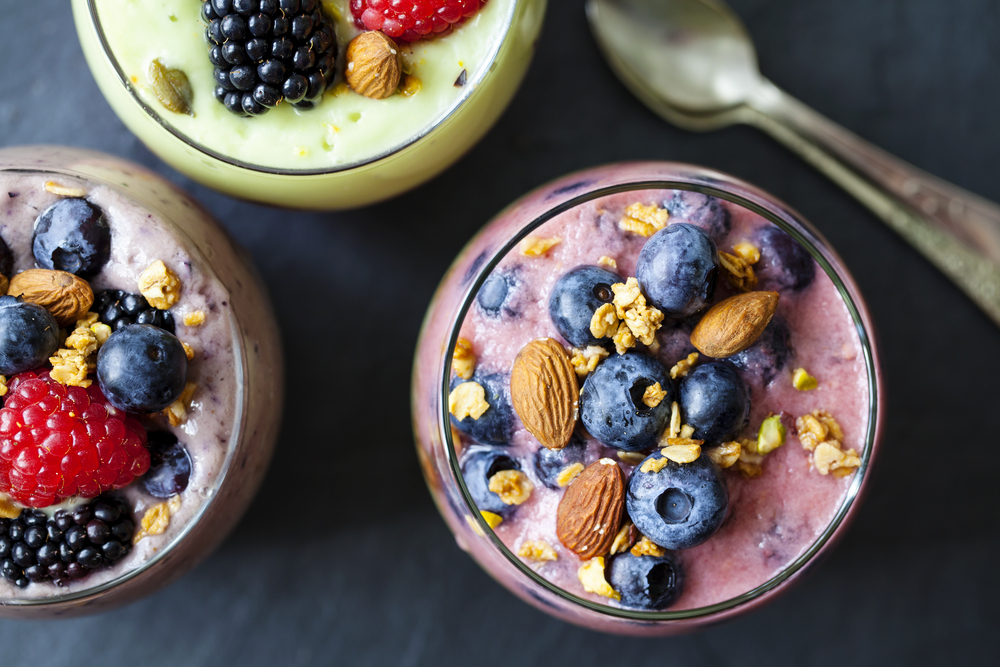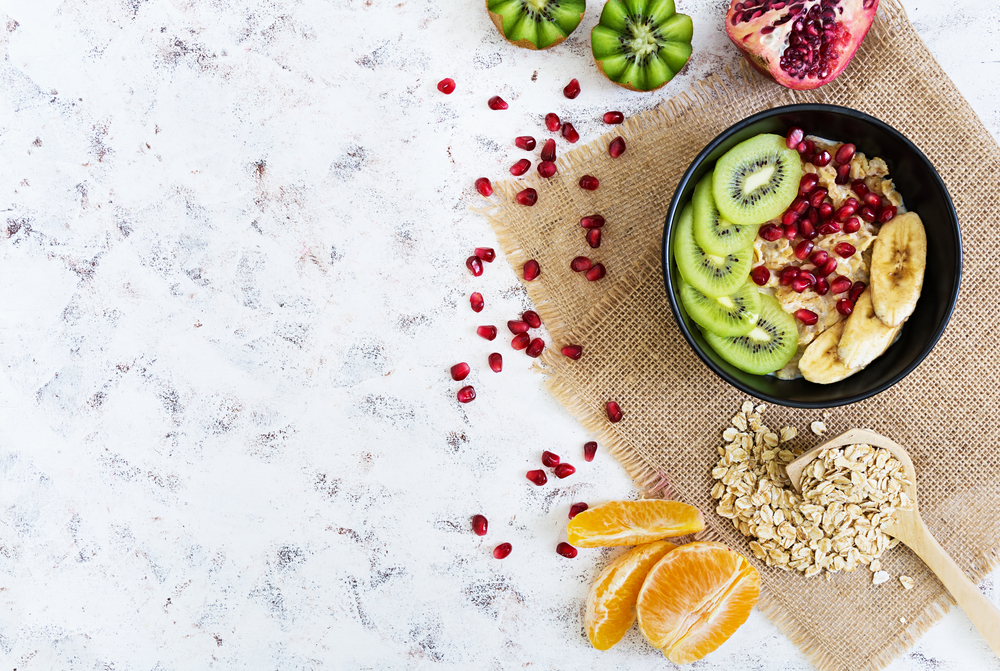
True recovery is about restoring your mind and body — and eating healthfully is one of the best ways to replenish a body that’s been ravished by addiction – whether by drugs, alcohol, food, gambling, sex, video gaming, social media, or something else.
Many addicts are malnourished by the time they seek help, in fact, as they may not eat enough or eat properly when consumed by finding their next fix. A healthful diet simply isn’t on their radar….and it should be.
Also, addiction wreaks havoc on the body’s ability to absorb essential nutrients. The type of malnutrition someone experiences typically depends on the substance of abuse, however.
Opiate addicts, for example, often show deficiencies in calcium, vitamins D and B6 and iron, while cocaine addicts generally have low levels of omega-3 fatty acids.
Common deficiencies among alcoholics include pyridoxine (vitamin B6), thiamine and folic acid. Alcohol use also damages two major organs involved in metabolism and nutrition: the liver (which removes toxins) and the pancreas (which regulates blood sugar and the absorption of fat), resulting in an imbalance of fluids, calories, protein and electrolytes.
The Power of Good Food
You may not be able to reverse all the damage done by your addiction. But good nutrition can go a long way toward repairing damage to tissues, organs and the brain’s reward centers, and there are plentiful benefits beyond this: You’ll feel better, your mood will improve and you’ll have the physical and mental energy you need to handle the hard work of recovery.
Further proof of nutrition’s powerful role in recovery: More rehab centers are offering nutritional counselling and cooking classes as part of treatment.
It’s not uncommon for someone to reach recovery from drugs or alcohol only to develop a “cross” or “transfer” addiction to so-called “hyperpalatables” — sugary, fatty, salty food combinations.
These foods trigger the release of the pleasure chemical dopamine and affect the brain’s reward center in much the same way that drugs and alcohol do. But far from being a lesser evil, unhealthy food can be just as damaging as drugs or alcohol, leading to weight gain, which mean a greater risk for high blood pressure, type 2 diabetes and heart disease, not to mention a serious knock to self-esteem. Weight gain can also lead to relapse; it’s not unusual for those in recovery to turn back to their drug of choice as a quick fix to shed extra pounds.

